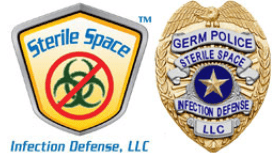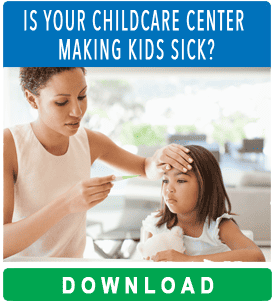Flu season has been thriving for months and is beginning to reach its peak. It usually happens between October and May, but the worst times are the months of December, January, and February. It is running rampant around every state in the United States for the first time in 13 years. It is predicted that it will continue for another 11 to 13 weeks.
New Jersey is having high flu activity everywhere except the south. One New Jersey child has died as of early January. Luckily, there are actions you can take to help protect yourself from the flu.
CDC: Get the Vaccine
Many see the annual flu vaccine as optional, but officials at the Centers for Disease Control and Prevention (CDC) say it is the most important part of flu prevention. Anyone who is older than 6 months old should get the vaccine before it begins spreading in your community. The CDC recommends getting the vaccine at the end of October. It is especially important for people who are at an elevated risk of the flu to get the vaccination. This group includes pregnant women, children, people with chronic health problems, and people above the age of 65.
Try to Keep Your Distance
On top of making sure to get the annual vaccine, there are everyday things you can do to help protect yourself. The main way the flu spreads is through close contact with people who are infected. Sharing drinks, hugging, and anything that includes being near or in close contact with someone should be avoided if that person has the flu.
Wash Your Hands!
Although the flu virus is technically considered airborne, doctors believe that hands most often pass it. Washing your hands for a full 15 seconds with soap and warm water is vital. During flu season, this should be done after each time you cough, before meals, and before any other time you know your hands may be contacting your mouth, eyes, or nose.
Clean Frequently Touched Objects or Surfaces
Any object or surface, whether at work or at the gym, that are routinely touched by others, like doorknobs, phones, light switches, keyboards or control panels should be cleaned frequently to remove any chance of picking up germs. Be especially vigilant if you know of someone who has or recently had the flu and comes into contact with objects or surfaces that you also come into contact with. You can be discreet by keeping travel size disinfecting wipes in your purse or briefcase.
Don’t Infect Anyone Else
If you do have the flu, you should stay home for at least another 24 hours after your fever is gone, to be sure you are no longer contagious. Keep yourself and objects around you clean and avoid touching your eyes, nose, and mouth, because they are the most common ways the germ is spread. Also, be sure to cover your mouth and nose whenever you cough or sneeze. Using tissues is better than using the crook of your arm, because you can dispose of tissues immediately.
Additional Resources:
https://www.webmd.com/cold-and-flu/features/how-to-dodge-flu-without-shot#2
https://www.almanac.com/content/cold-and-flu-prevention-tips
https://www.cdc.gov/flu/protect/preventing.htm
https://www.northjersey.com/story/news/health/2018/01/13/flu-season-2018/1029475001/




